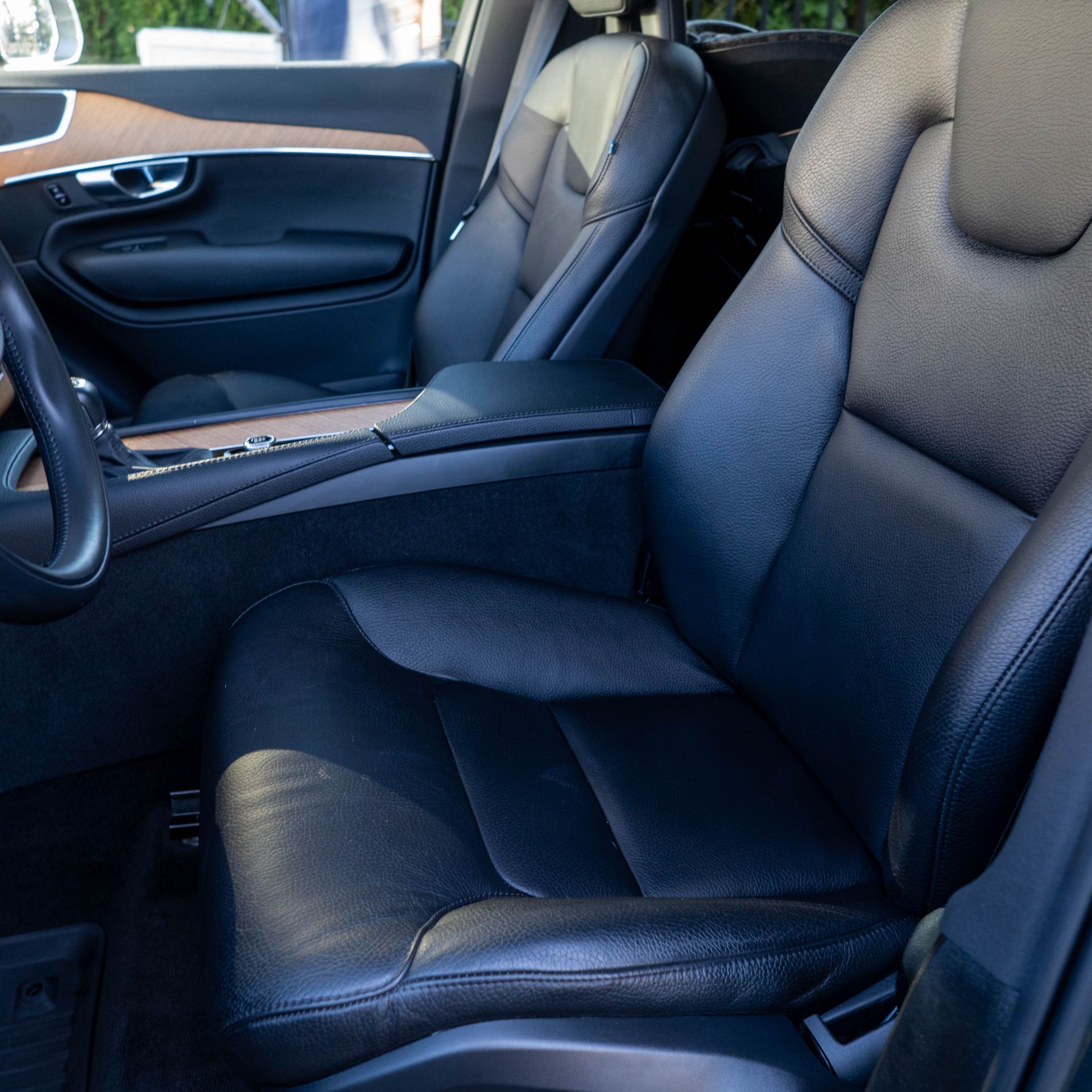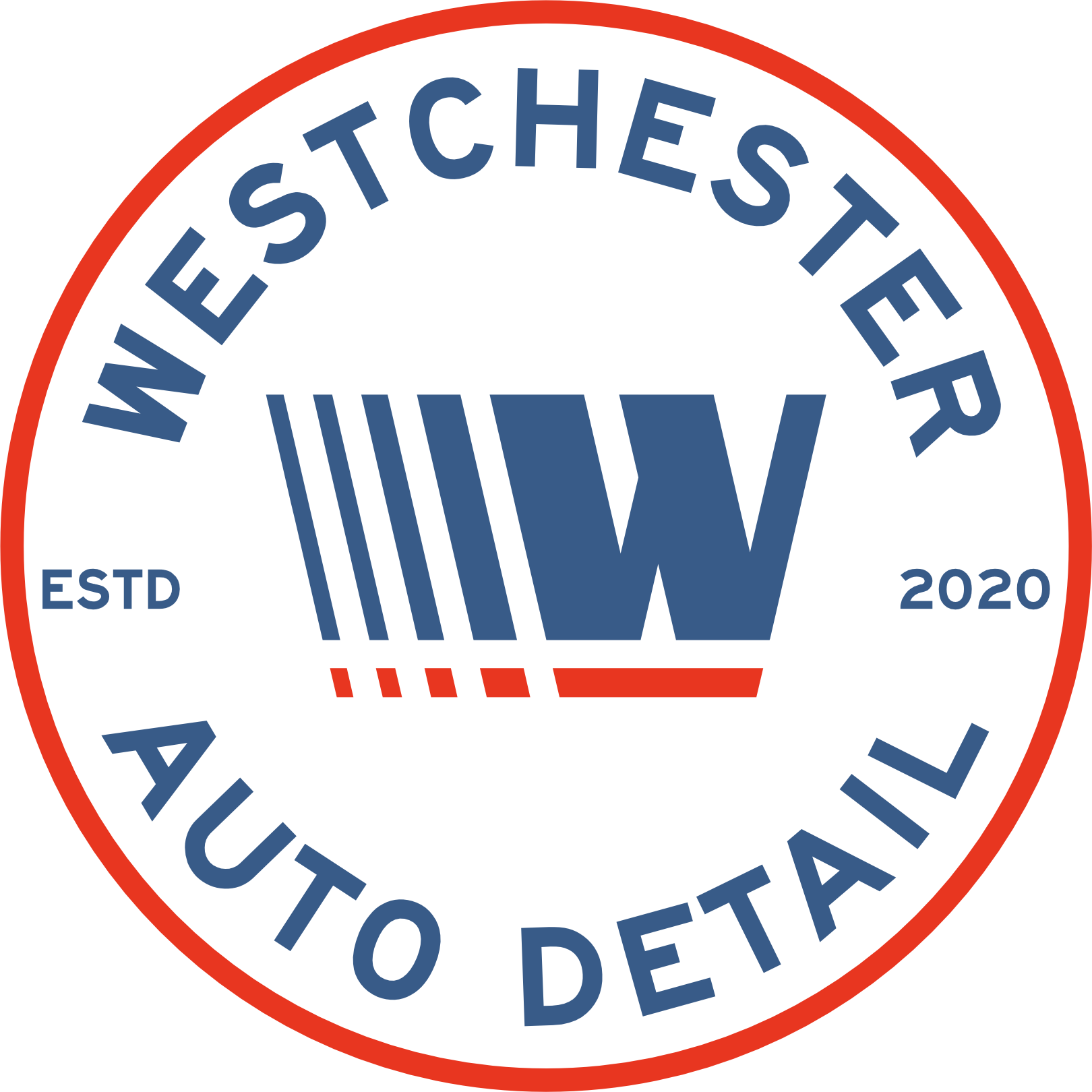ADDRESSING MOLD, MILDEW AND WATER INTRUSION INSIDE VEHICLES
Mold and Mildew Remediation for Vehicles
Our Vehicle Specific Approach to Mold
Mold in a vehicle is normally the result of moisture that remained trapped long enough to support growth. In many cases this is caused by hidden moisture intrusion, without flooding or visible damage. Musty odors normally appear first, later followed by visible discoloration and persistent dampness.
Our remediation service is designed to address existing mold contamination and return the interior to a stable, usable condition once moisture has been corrected.
In cases where materials are too degraded or saturated to stabilize reliably, replacement may be recommended by your technician.
Pricing and Scope for Mold Remediation
starting at
$1850
Because mold contamination varies significantly between vehicles, remediation is priced by quote only after initial consultation.
More involved cases may require additional steps or component replacement to achieve a stable long-term result.
Common Indicators That Warrant an Evaluation
- Persistent musty or earthy odor
- Damp carpets or padding beneath the surface
- Odor when HVAC is in use
- Visible mold or staining on interior materials
- Vehicles stored for extended periods or exposed to water
Reach out to our to team for a phone consultation to determine the best course of action and pricing.
Scheduling and Consulation
Mold and mildew remediation is performed by appointment only. Because each case varies based on interior condition and moisture exposure, vehicles are evaluated through a consultation request before scheduling.
Clients begin by submitting a form with basic information about the vehicle and the concern. From there, we review the details, provide guidance on whether remediation is appropriate, and outline next steps for scheduling if the service is a fit.
See why our customers love us
Real reviews from real customers who trusted us with their vehicles.





